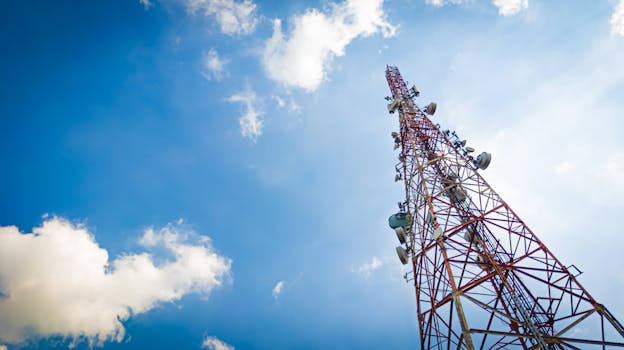
GEO Satellites: Unlocking the Power of Geostationary Orbit
GEO satellites, or geostationary satellites, are a type of satellite that orbits the Earth at an altitude of approximately 36,000 kilometers, remaining stationary relative to a fixed point on the equator. This unique characteristic allows GEO satellites to provide continuous coverage of a specific region, making them an essential part of modern telecommunications. GEO satellites have been in use for decades, and their importance continues to grow as the demand for global connectivity and satellite-based services increases.
History of GEO Satellites
The concept of GEO satellites was first proposed by scientist Arthur C. Clarke in 1945. The first GEO satellite, Syncom 2, was launched in 1963, and it paved the way for the development of modern satellite communications. Since then, hundreds of GEO satellites have been launched, providing a wide range of services, including television broadcasting, telecommunications, weather forecasting, and navigation.
How GEO Satellites Work
GEO satellites work by transmitting and receiving signals to and from Earth stations, which are located on the ground. The signals are transmitted through a satellite dish, which is pointed towards the GEO satellite. The satellite then amplifies and re-transmits the signal back to Earth, allowing it to be received by other Earth stations. This process enables global communication, enabling people to stay connected with each other, regardless of their location.
Applications of GEO Satellites
GEO satellites have a wide range of applications, including television broadcasting, where they are used to transmit TV channels to a global audience. They are also used for telecommunications, providing internet connectivity, voice, and data services to remote and underserved areas. Additionally, GEO satellites are used for weather forecasting, providing critical data for meteorologists to predict weather patterns and issue warnings for severe weather events. They are also used for navigation, providing location information and timing signals for GPS and other navigation systems.
Benefits of GEO Satellites
The benefits of GEO satellites are numerous. They provide global coverage, enabling communication and connectivity to remote and underserved areas. They also offer high bandwidth, enabling the transmission of large amounts of data, including video and audio. Additionally, GEO satellites are cost-effective, reducing the need for expensive fiber-optic cables and other infrastructure. They also provide redundancy, enabling communication to continue even in the event of a failure or disaster.
Challenges and Limitations of GEO Satellites
Despite the many benefits of GEO satellites, there are also challenges and limitations. One of the main challenges is signal delay, which can cause delays in communication. Another challenge is interference, which can cause signal loss and degradation. Additionally, GEO satellites are subject to orbital congestion, which can limit the number of satellites that can be launched and operated in a particular orbit.
Future of GEO Satellites
The future of GEO satellites is exciting, with many new technologies and innovations on the horizon. One of the most significant developments is the use of high-throughput satellites, which will provide even higher bandwidth and faster speeds. Additionally, there is a growing trend towards smaller satellites, which are cheaper and more efficient to launch and operate. There is also a growing interest in lunar satellites, which will provide communication and navigation services for missions to the Moon and beyond.




